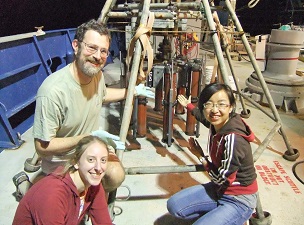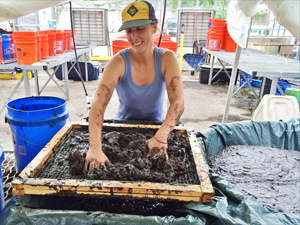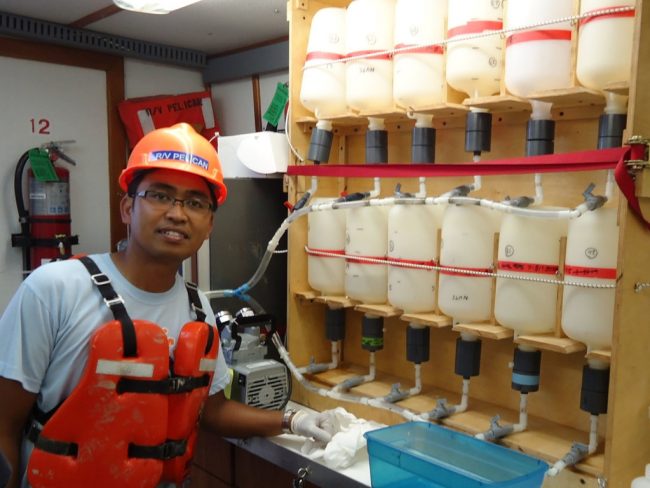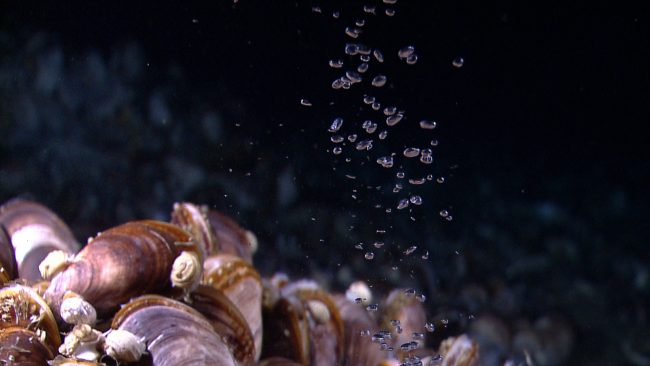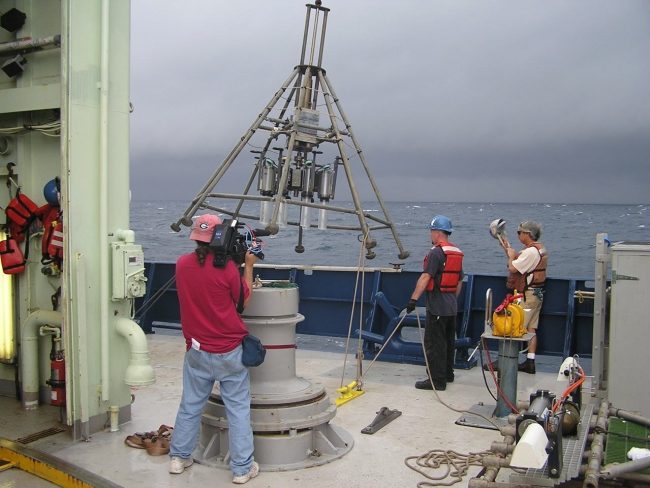Study Describes Response from Distinct Bacterial Groups to Marine Oil Snow
Scientists conducted genetic sequencing on bacteria to document the oil-associated groups in sediment affected by marine oil snow post-Deepwater Horizon. The researchers observed increases in bacteria that degrade aerobic Polycyclic Aromatic Hydrocarbons (PAHs) and anaerobic sulfate-reducing bacteria in sediment collected from September-November 2010.

